This post contains affiliate links from which I may receive a small commission, at no extra cost to you. In no way does this affect my opinion or the information I provide on the product. Please read my disclaimer for more info.
You’ve probably heard of antioxidants before. These molecules have health benefits and can be found in certain foods. What should you know about them?
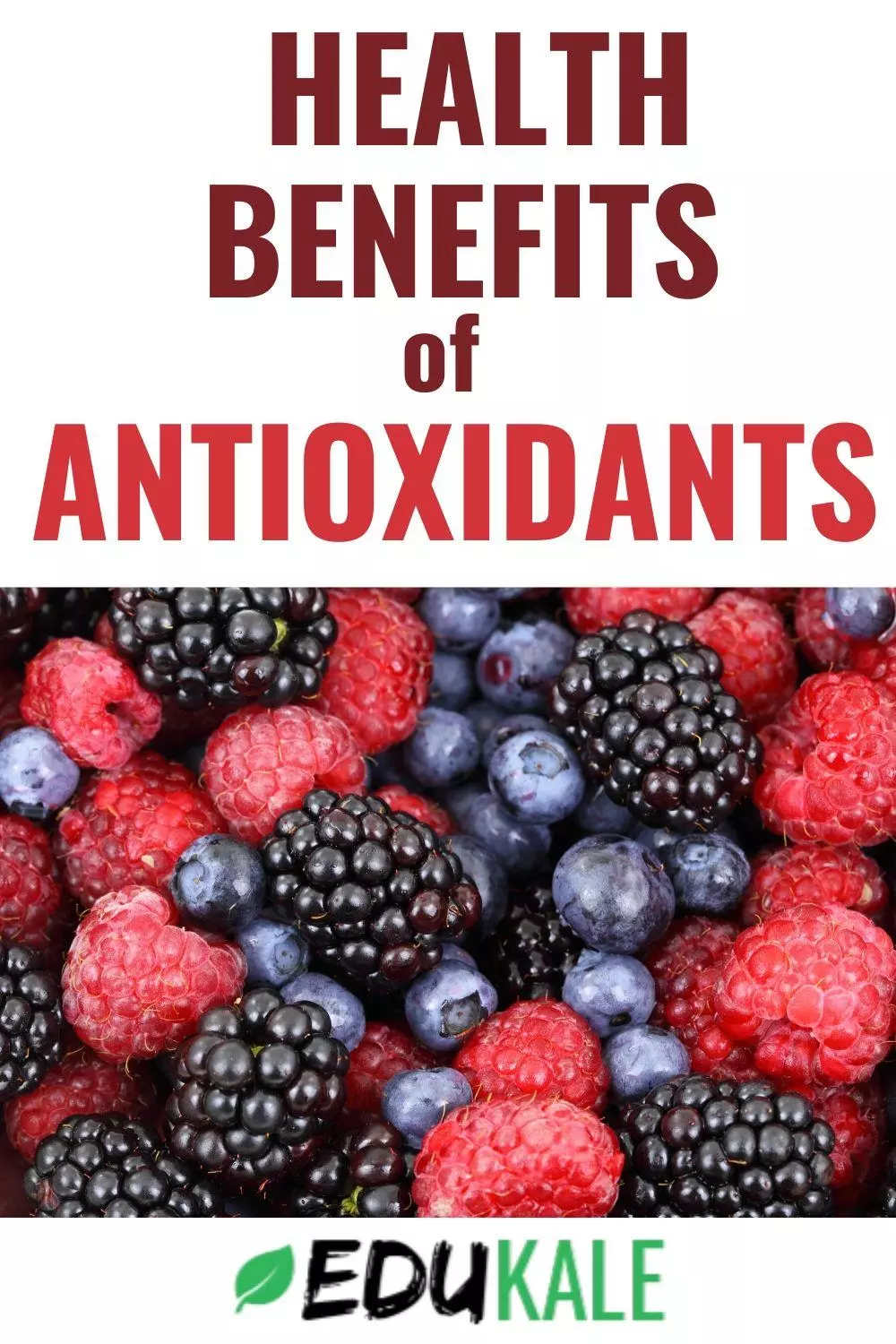
What are antioxidants?
Antioxidants are molecules that help defend your cells from the damage caused by free radicals. Free radicals are natural byproducts of your metabolism, and perform important functions for your body.
However, they can also form if you are exposed to cigarette smoke, pollution, UV light, alcohol… If they accumulate, they can cause oxidative stress. This can damage molecules in your body, such as your DNA, which can increase your risk of cancer and premature aging.
What are the health benefits of antioxidants?
Antioxidants are essential for your survival. They are capable of preventing cell damage from these free radicals by neutralizing them. They provide the free radical with its missing electron (which stabilizes it) or break it down altogether.
This stops the chain reaction of free radical formation and prevents any cell damage.
In which foods can you find antioxidants?
Your body produces some endogenous antioxidants, such as glutathione, on its own. In addition, you can find exogenous antioxidants in certain foods. In general, plant-based foods are higher in antioxidant values than animal foods.
The types of antioxidants in foods:
Vitamin C: in many fruits and vegetables, especially oranges, kiwis, cantaloupe, grapefruit, strawberries, broccoli, bell pepper…
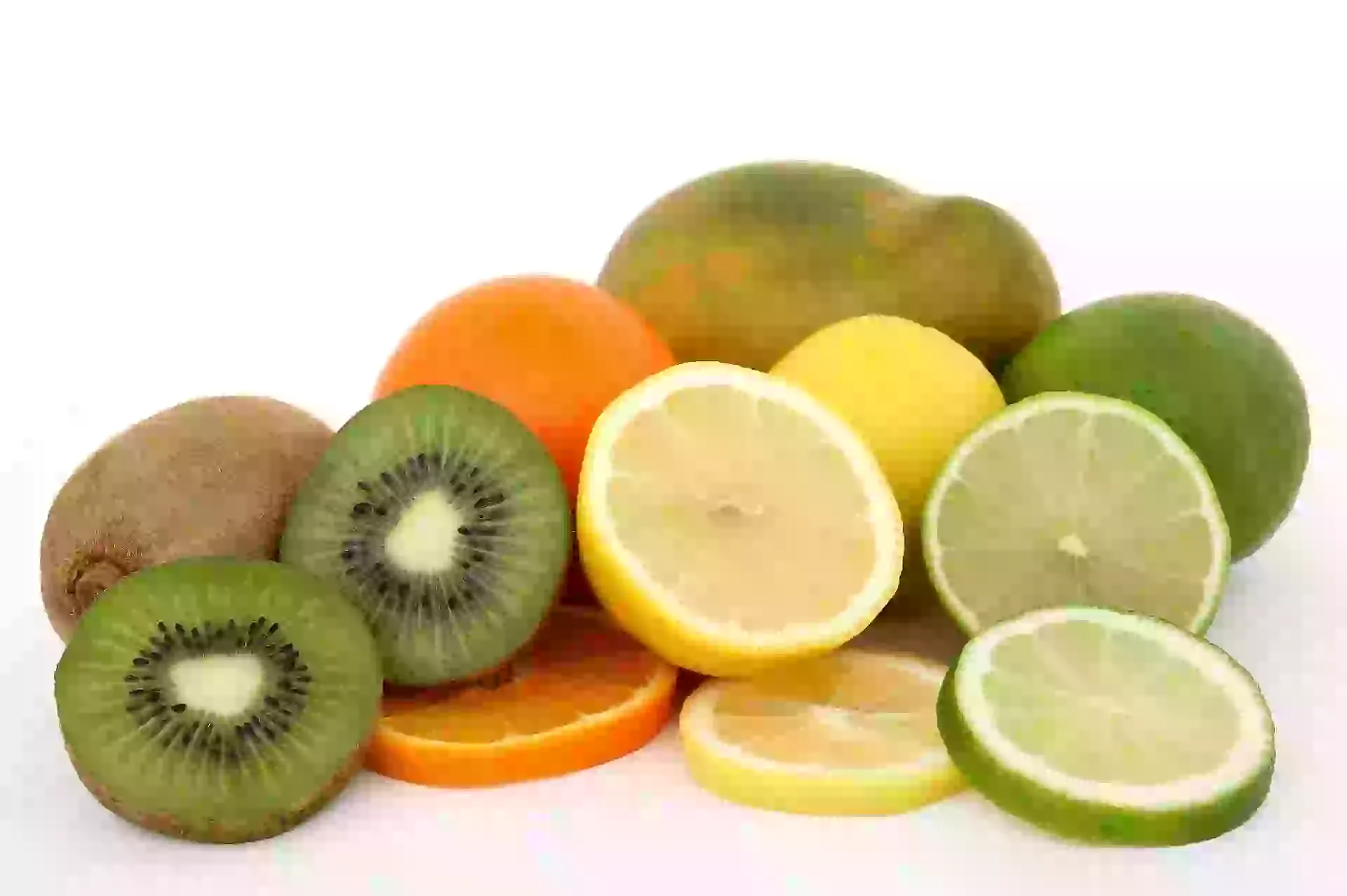
Vitamin E: in nuts and seeds, such as almonds, sunflower seeds, hazelnuts, peanut butter…
Carotenoids, such as beta-carotene and lycopene: in peaches, pink grapefruit, apricots, mangos, watermelon, tomatoes, carrots, bell peppers, asparagus, squash, spinach, pumpkin, sweet potatoes…
Lutein : in leafy green vegetables such as collard greens, spinach, and kale.
Selenium : in nuts, shellfish, fish, poultry, tofu, whole wheat foods…
Polyphenols: anthocyanins and resveratrol in berries, wine, and grapes; catechins in tea and chocolate; and quercetin in asparagus, onions, red leaf lettuce, and apples.
Here are some foods that are rich in antioxidants.
The antioxidant content is given in mmol per 100 grams of the food.
Chocolate: dark chocolate with cocoa contents of 70-99% has mean antioxidant contents of 10.9. The less cacao, the more that number decreases.
Coffee: before being turned into coffee, coffee beans have an extremely high antioxidant content (around 20). It drops down to 2.5 when turned to coffee, but is still a good dose. Espressos are better, with an antioxidant content of 14.2.
Berries: Berries contain one of the highest amounts of antioxidants among the commonly consumed fruit and vegetables. For example, blueberries contain a mean antioxidant content of 9.2, strawberries of 5.4, gogi berries of 4.3, and raspberries of 4.
Pomegranates: these healthy fruits have an antioxidant content of around 5.
Nuts: pecans (around 9) and walnuts (around 15) are good nut sources of antioxidants.
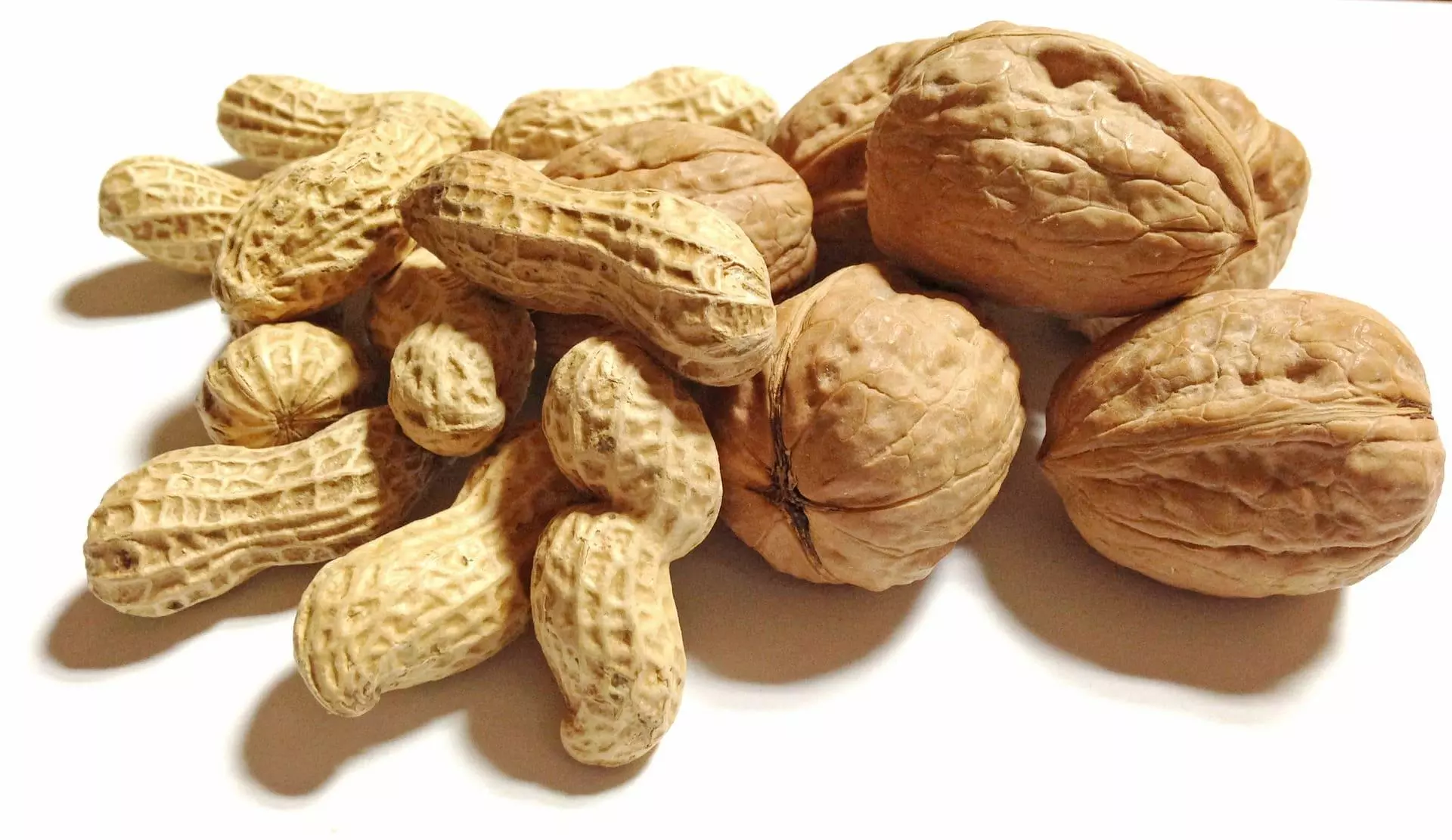
Artichokes have an antioxidant content of 4.7, and this number can actually increase if the artichoke is boiled or steamed.
Kale has an antioxidant content of 2.6, and also has many other health benefits. You can learn more about that HERE.
Red cabbage has an antioxidant content of 2.2. Boiling the cabbage may boost this content, while steaming it may reduce it.
Herbs and spices also contain many antioxidants. However, I didn’t find it very fitting to give the doses for 100 grams, since that isn’t a standard quantity of herbs to use. Feel free to look-up the doses in the link above. (Antioxidant content in mmol per 100 grams of the food)
Keep in mind that this antioxidant content varies according to the variety of the food, where it comes from, its freshness, the way it is prepared, etc.
How many antioxidants daily?
It’s very difficult to get an exact number of the daily antioxidants you need. According to Dr. Michael Greger, for an energy intake of 2000 calories, around 9 mmol of antioxidants should be consumed daily. That number goes up to 13.5 for an energy intake of 3000 calories, and down to 6.5 for an energy intake of 1500 calories.
This is because digesting our food causes oxidation, which needs to be countered by these antioxidants.
The best way to get those antioxidants is through a variety of foods like the ones mentioned above. If you wish to supplement, talk to your doctor to determine if it’s the right decision for you.
Can you have too many antioxidants?
YES, you absolutely can! Although that is hard to do with food, consuming too many antioxidants can actually be detrimental to your health, as the antioxidant paradox shows.
Overly high doses of antioxidants do not prevent cancer and can actually increase overall mortality.
Like many things, antioxidants are amazing for your health but shouldn’t be consumed in excess. This is why you should make sure that you actually need more antioxidants before supplementing.
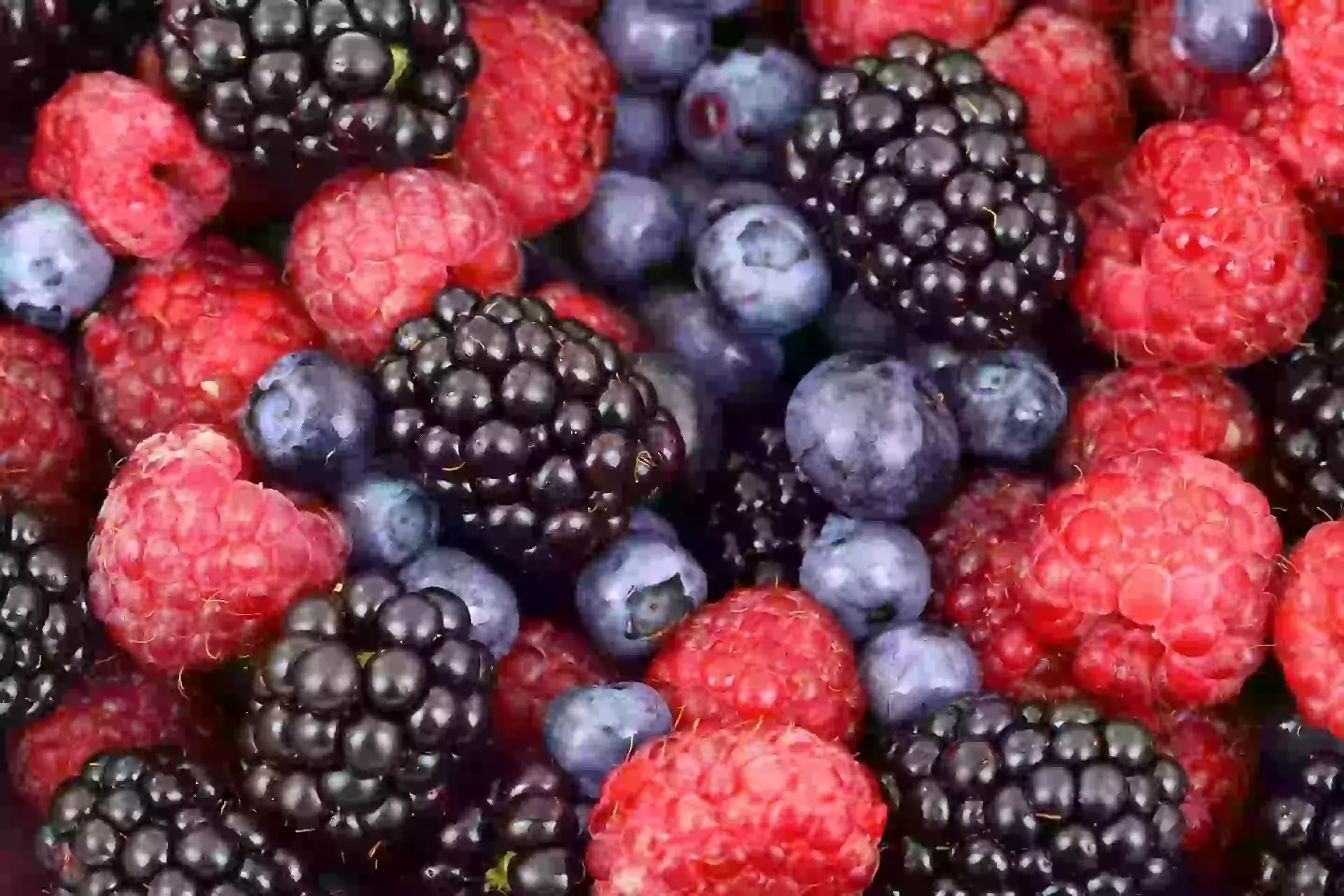
Antioxidants in conclusion
Antioxidants are very important to help protect your cells against free radicals. You can find antioxidants in different foods. It’s important to eat a variety of fruit and vegetables in order to get your daily dose of antioxidants along with other important nutrients.
This is essential to a healthy diet. However, an excess of antioxidants from high-dose supplements can be harmful.
-Lucie
If you’re interested in nutrition, its impact on our health, and the science behind it, you should definitely read How Not to Die. In this book, Doctor Michael Greger, founder of Nutrition Facts, examines the top causes of death in America and explains how your diet can prevent— and in some cases even reverse— them. His advice is all backed by science and he writes in a very clear and entertaining way. This book isn’t a list of what you already know. It will teach you the keys to living a long healthy life, in a simple and practical way, and without spending fortunes on supplements and pills!
PLUS if you want to take it a step further, you can check out the How Not to Die Cookbook to implement the advice easily!

Welcome!
I'm Lucie, the nutritionist behind Edukale! If you'd like to learn more about me, click HERE !
Read More!
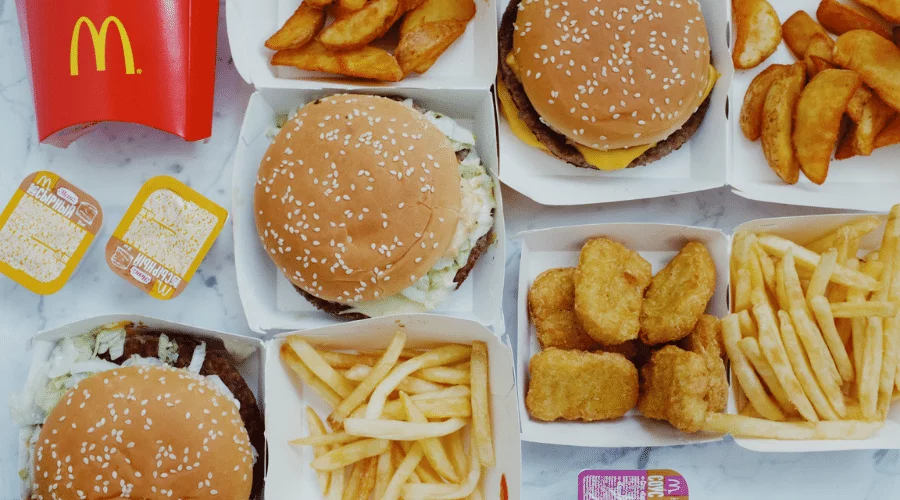
The truth about processed foods
You’ve probably heard that it’s best to reduce your intake of “processed foods” for healthy eating, and increase your intake of whole foods for optimal health.

The Best Foods to Fight Fatigue
Do you feel like you’re always tired and that you need multiple coffees to get you through the day?
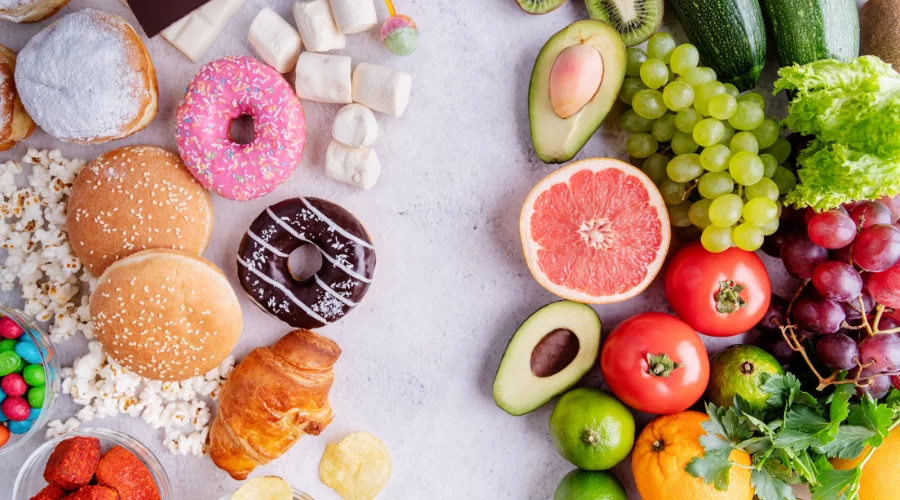
how to find the balance between healthy eating and dieting
It can be hard to find the right balance between healthy eating and dieting without becoming obsessed with food.
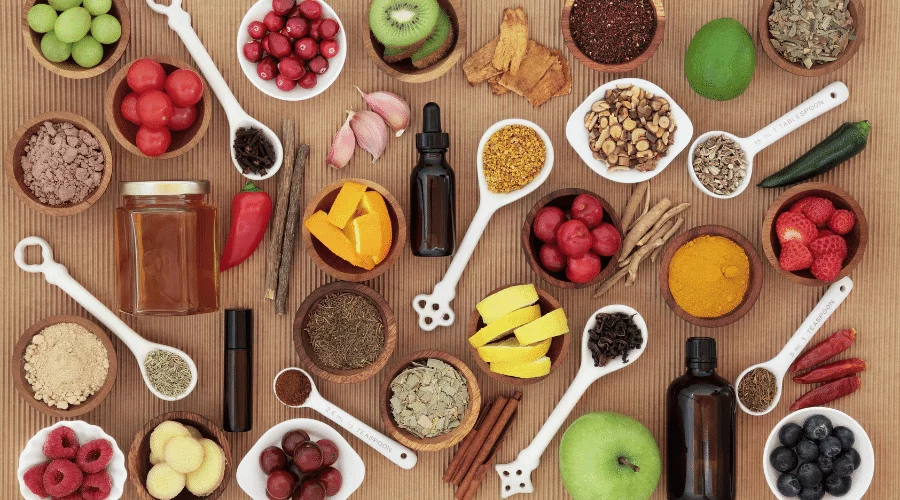
Can you use food as medicine?
“Let food be thy medicine, and let medicine be thy food.” We’re all familiar with this quote attributed to Hippocrates, and we all know the huge impact our food choices have on our health.
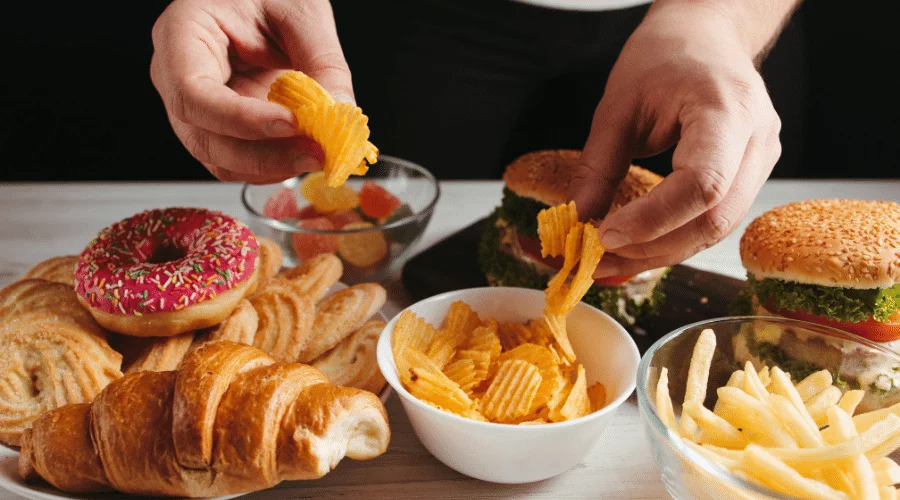
How to finally stop overeating for good!
Overeating means eating past your body’s actual needs, and it can be rather uncomfortable.
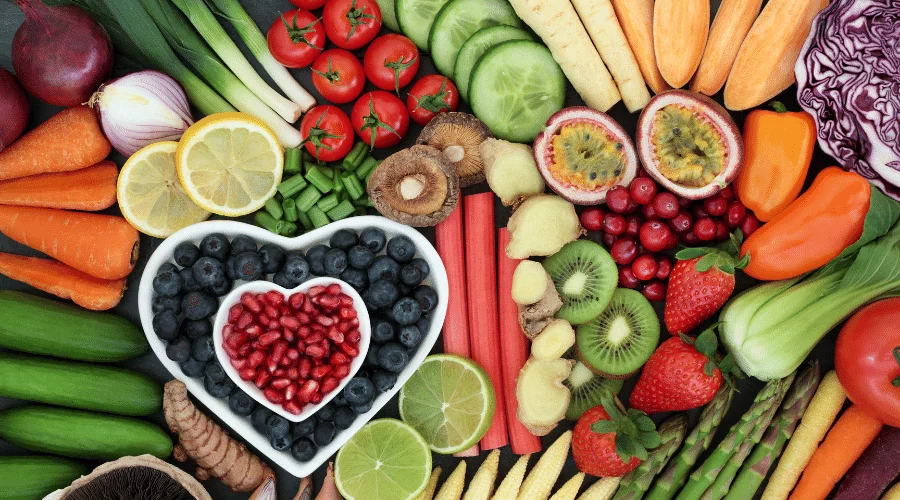
The anti-inflammatory diet: get rid of inflammation
You’ve certainly heard about the anti-inflammatory diet before and the benefits it could have on your body.
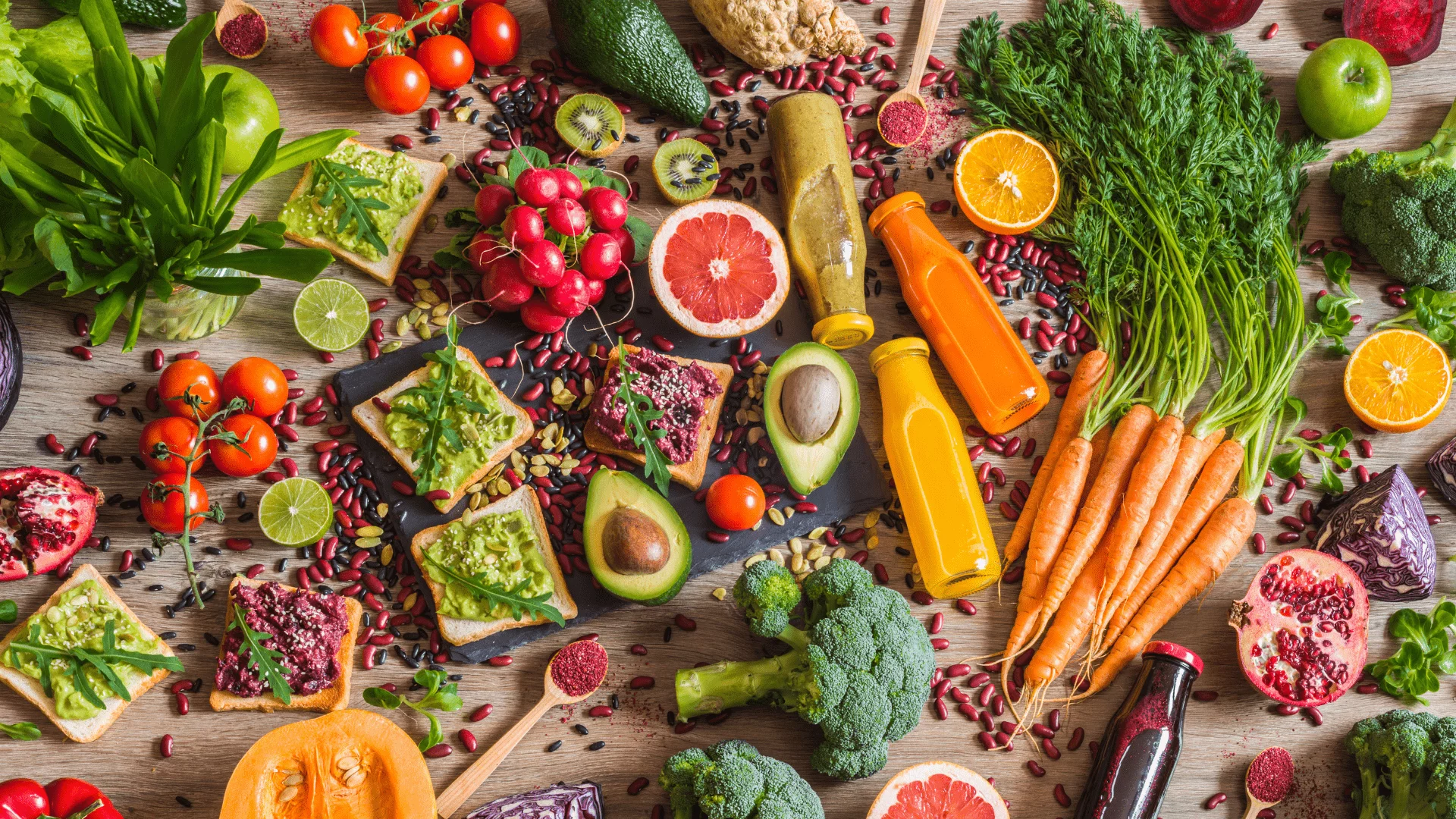
The complete beginner’s guide to veganism
Even though you can absolutely be healthy on a diet that includes animal products, the scientific consensus shows that increasing your consumption of plant-based foods is what is best for health.

Physical vs emotional hunger—learn the difference
You may be aware that physical hunger is not the only type of hunger that exists. There are actually two main types of hunger: physical hunger and emotional hunger



Comments are closed.